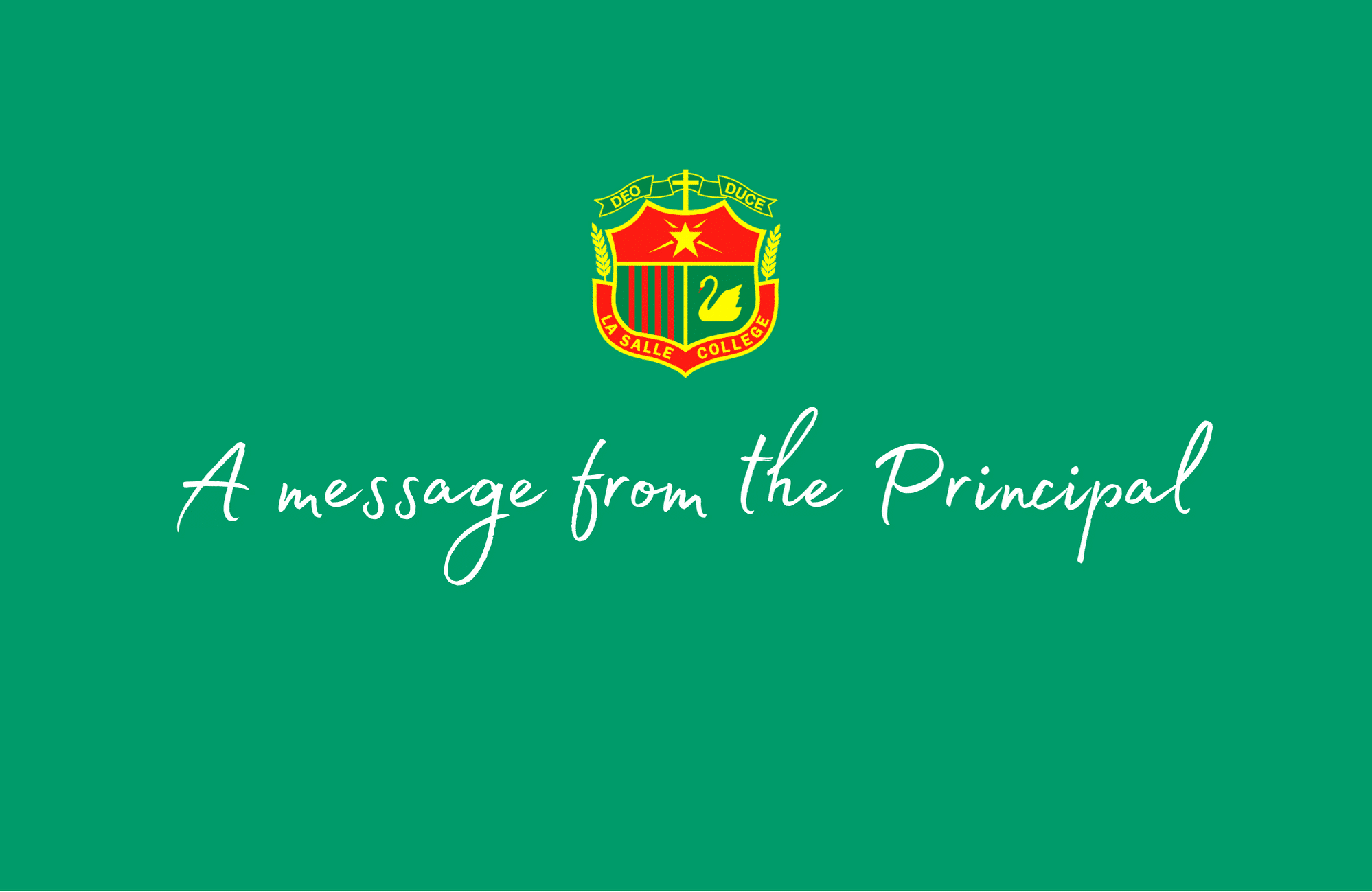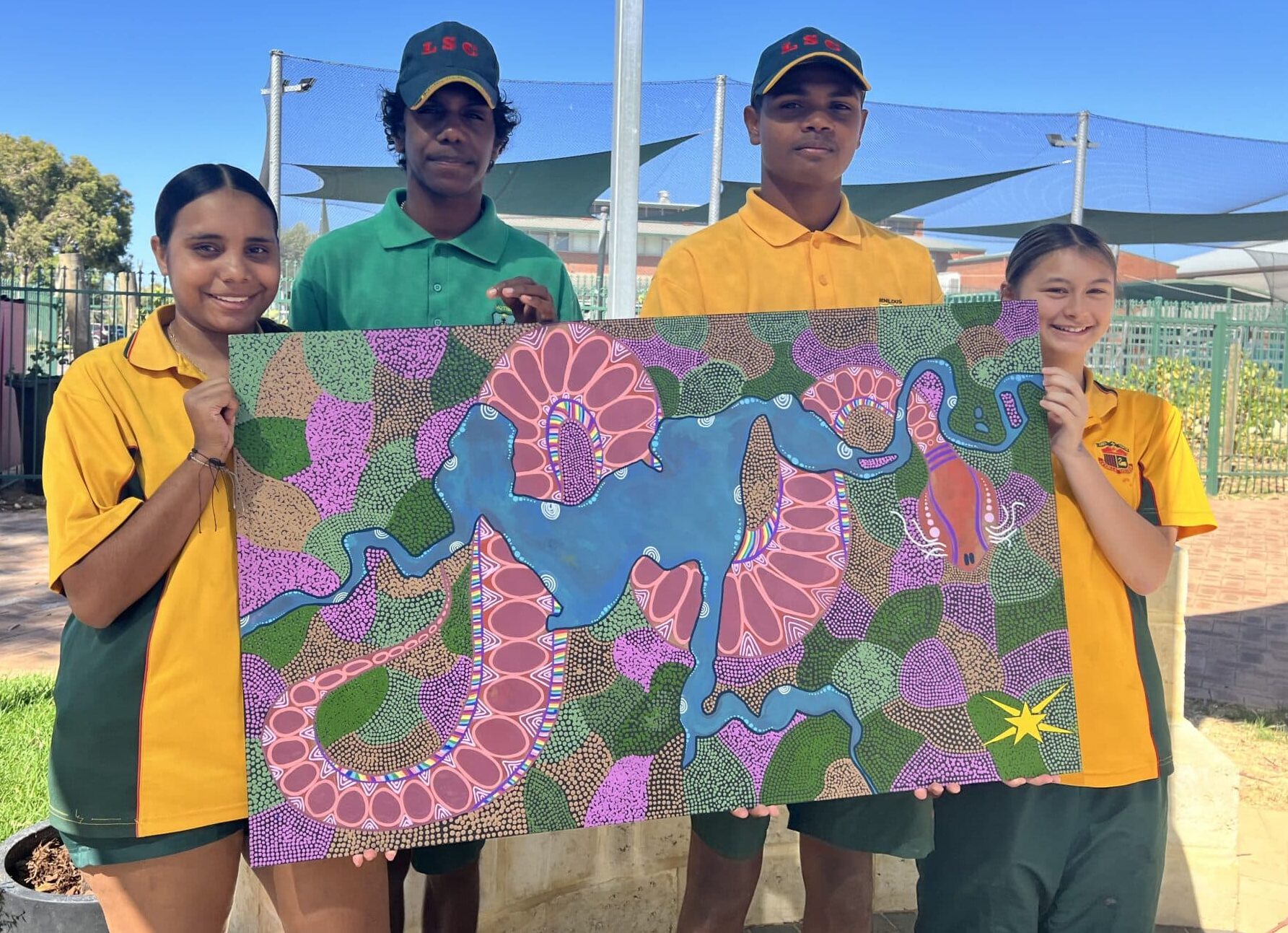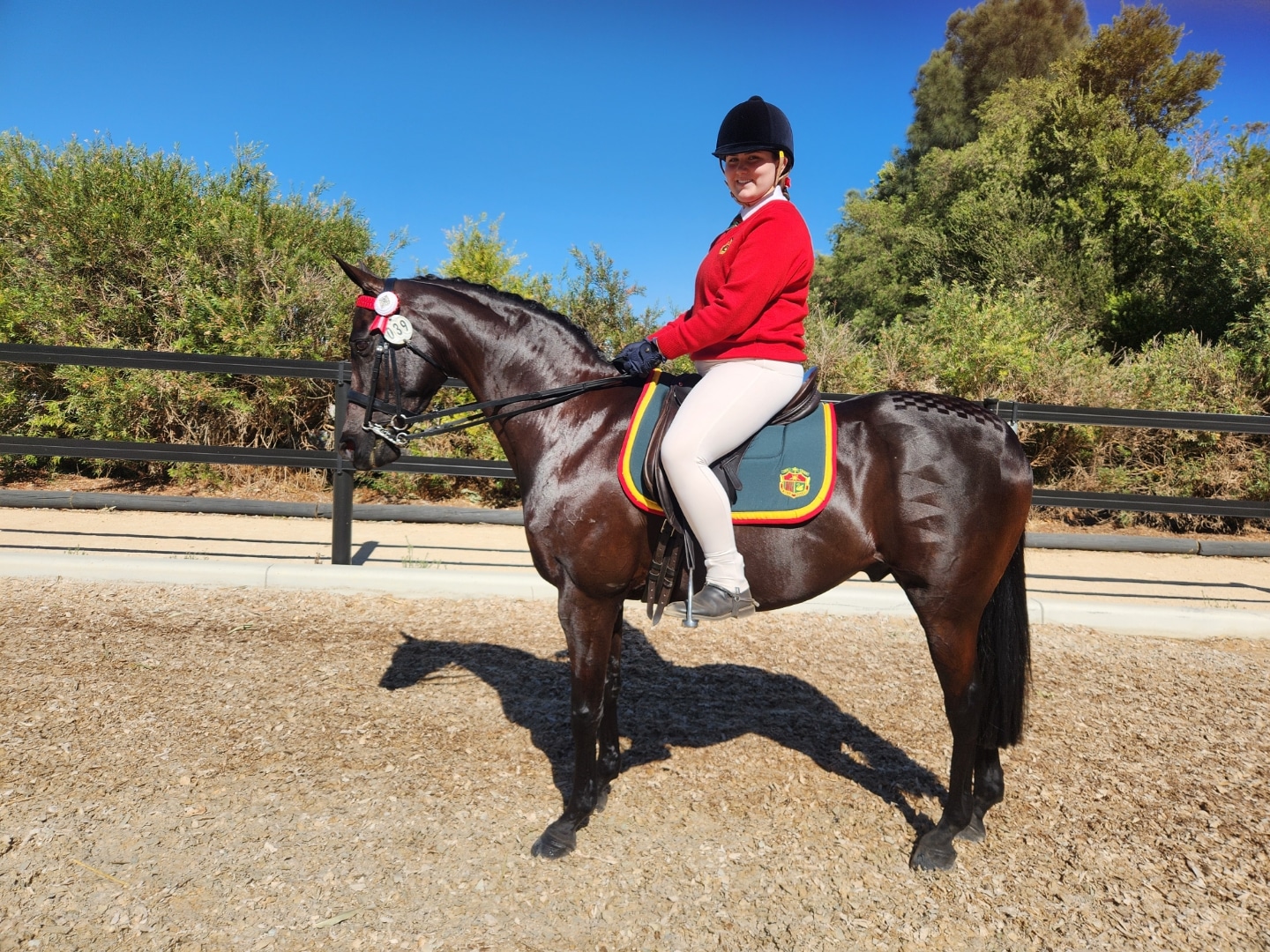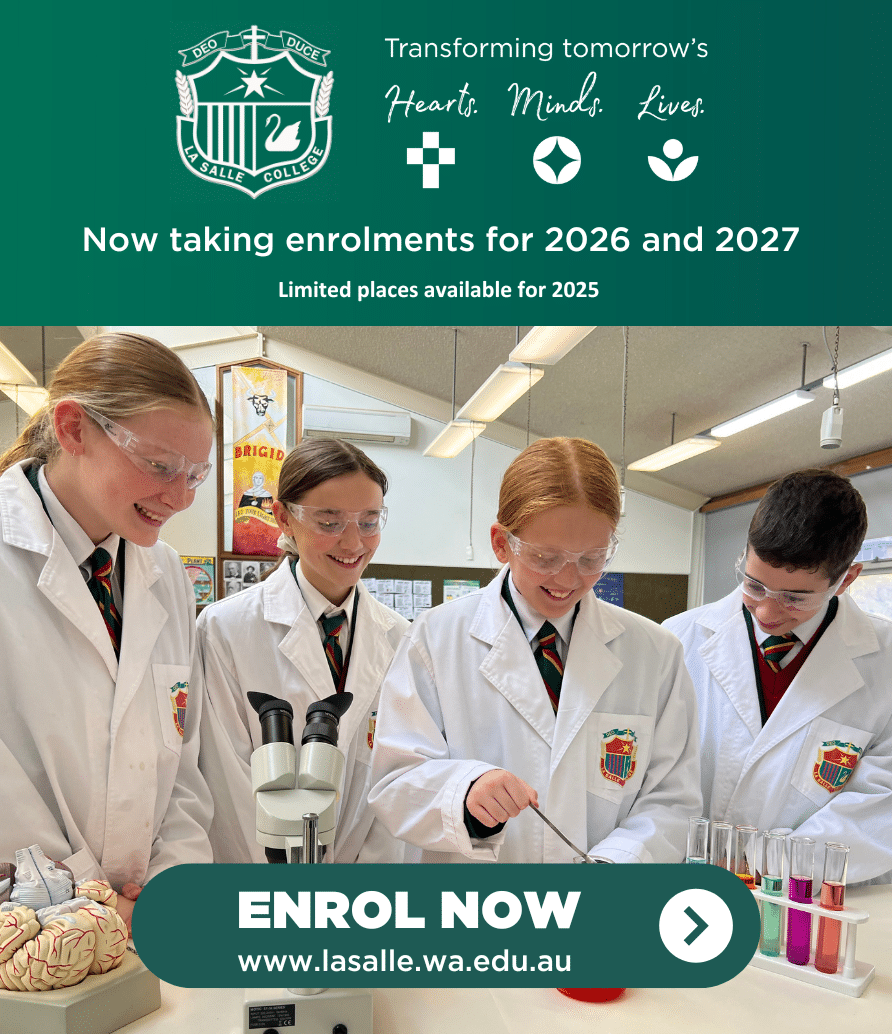“In the light of faith, you see things quite differently.” – St John Baptist de La Salle, Letter 118
Flexibility is a willingness to be adaptable and open to exploring new possibilities. It is a key skill that many of us as adults, have learned throughout our lives and has certainly been tested in the last three years as we have navigated the changing landscape as a result of the COVID-19 pandemic.
For our young people, flexibility is a characteristic that needs to be nurtured as they grow and experience the changes of moving into adulthood and the challenges that this presents. When obstacles are presented, we want our children to be proactive and confident, using strategies that can affect their fate for the better.
Research has determined that a students ability to be flexible and adapt is a better predictor of overall success than resilience.
As parents and educators we need to resist the urge to rescue children from every difficult situation in order to allow them to practice skills they need to be adaptable. We often rob children of the satisfaction of being their own problem solver.
Therefore, in partnership, we need to work on increasing our students adaptability and equip them with the skills needed to be flexible and adaptable.
So how do you teach students to be flexible?
Boosting their willingness to be adaptable involves teaching students how to adjust their behaviour, thinking and feelings to help them navigate disruption.
For example, in the face of new learning tasks and demands we could explain to students how to:
- Adjust their behaviour by seeking out information and resources by asking for help — an example would be asking a teacher to help with an unfamiliar mathematics concept or how to navigate a tricky friendship issue
- Adjust their attitude by thinking about the task or change in a different way — for instance, they might consider the new opportunities the task offers, such as developing new skills that can be helpful in other parts of their lives
- Adjust their emotion by minimising negative feelings, or shifting the focus to positive feelings, when engaged in unfamiliar activities — for example, they might try not to focus on their disappointment when the teacher’s approach to learning doesn’t match the student’s preferences or skill set.
Flexibility is a skill for life.
There are times we experience unexpected unpleasant situations in life. Being flexible ensures you stay afloat when adversities of life try to sink you down. Instead of running away from reality, you embrace it and flow with it.
So allowing our young people to have small failures will lead to developing confidence to handle a world that is constantly changing. As they grow in managing life’s unpredictable events, their skill sets will broaden and provide them with a strong self-confidence.
Our job as parents and educators is to help them learn how it feels to face troubled times and grow in the confidence in knowing they can recover from the unexpected.
Young people can be taught how to be more adaptable, and then in turn better embrace the opportunities of their ever-changing world.
Uncertainty, variability, transition and novelty are what makes life interesting.
God bless!
Ms Giovanna Fiume | College Principal





